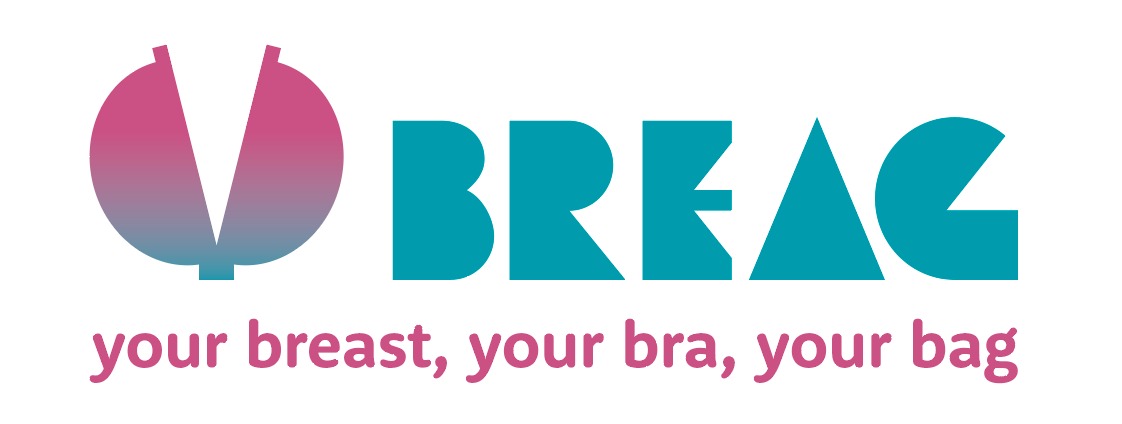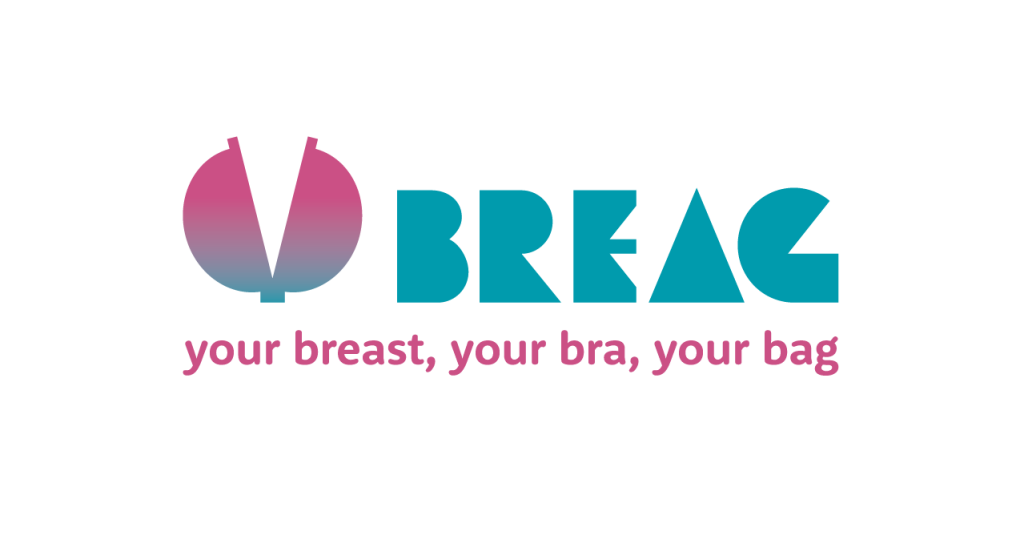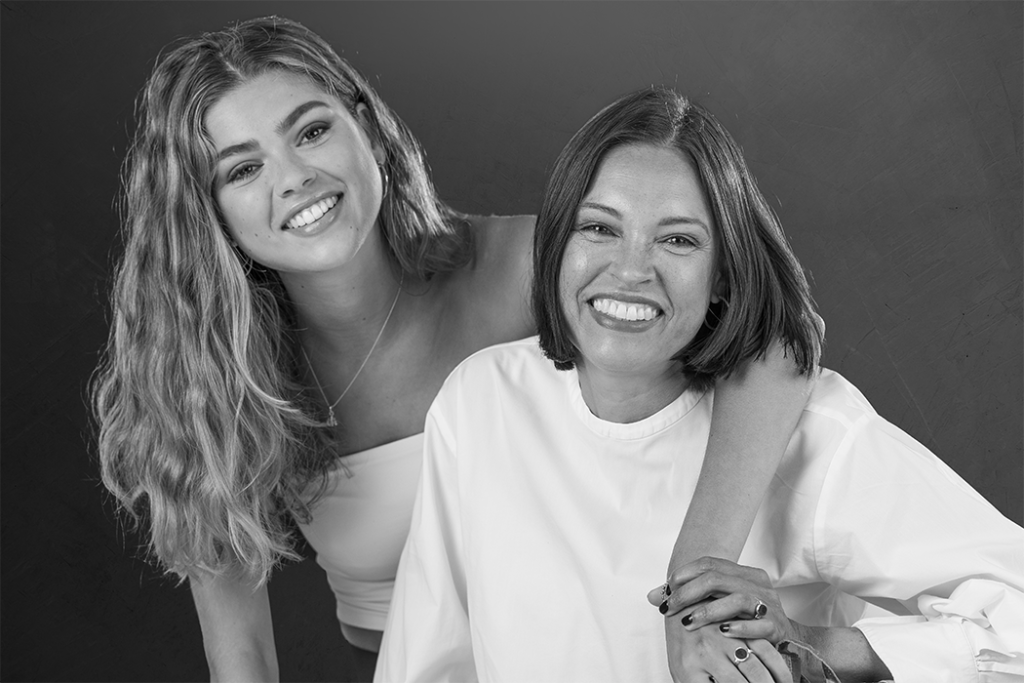
Gina & Elise
“As a daughter the whole experience is very bittersweet. “
Read more
During a breast self-exam in the shower, I discovered a lump near my breast, close to my armpit. Although I found it strange, I thought it might be due to arm exercises I had done shortly before. Still, I decided to visit my doctor the next day, who referred me to the breast clinic. Without worry, I went for a mammogram and ultrasound, convinced it was probably just a cyst. Even while on the examination table, I thought the radiologist would say that nothing was wrong. To my shock, it wasn’t a cyst, and a biopsy had to be done. At that moment, questions raced through my mind: “How much time do I have left?” and “Has it spread?”.
It took a day before I received the results. A dark day in my life. It turned out to be breast cancer, but not metastasized and treatable. Fortunately, I was able to talk openly about my emotions and fears with my family and close friends. I handled the standard course of chemotherapy, surgery, radiation, and anti-hormonal therapy well. But I realize that I couldn’t have done this alone. I had so many kind angels around me. And strength from above. This process has changed me: I’ve become more patient, more critical of what really energizes me, but also less confident about my body. I’m proud of my resilience, but I also realize how vulnerable the body is.
My tip to everyone, young and old, women and men: check your breasts and get to know them well so you can notice any changes in time! You can’t prevent breast cancer—if you get it, it’s just bad luck. But you can prevent a lot of suffering by catching it early.
My daughter Elise, in particular, stood by my side throughout the entire journey, especially during the difficult moments. That’s why I’d like to share my pride in her and give her a platform to share her story.
“As a daughter the whole experience is very bittersweet. All of a sudden, there was a dynamic shift in the mother-daughter relationship: the one that was always nurtured by her mom now has to nurture her in a way that I had never done before. Although this was an emotional obstacle for myself, it creates such a unique and powerful bond. This strength of our bond now is something that I am incredibly grateful for and am truly convinced is a result of the level of mutual support we learned to have for each other as a result of her breast cancer.
I was lucky enough to have a mother who was quick to notice the lump in her breast. This quickness of the realisation and consequent treatment is what allowed our mother-daughter relationship to blossom.
I hope this stresses the importance of checking your breasts regularly. So that in the case you or a loved one comes into contact with this horrible disease, you can also experience its bittersweetness.”
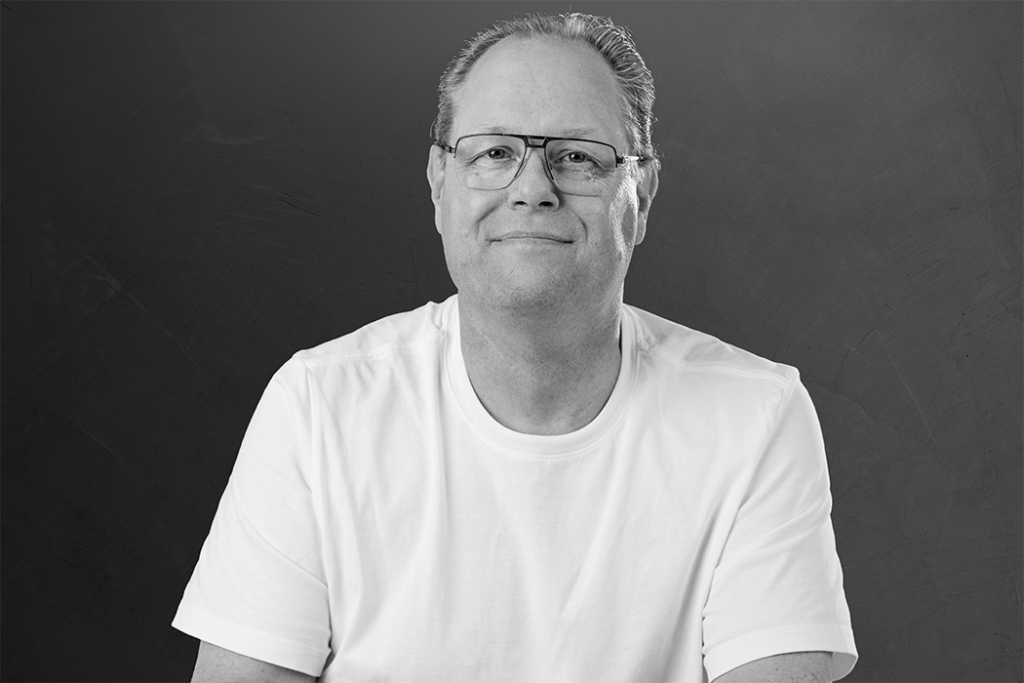
Paul
“The information about breast cancer is overwhelmingly focused on women, even though men can be affected too.”
Read more
My name is Paul Mulder, I’m 58 years old, and I’ve had breast cancer—a rare condition in men in the Netherlands. Every year, around 100 men are diagnosed, compared to 13,000 women.
I underwent the same medical procedures as women, including having my breasts compressed during a mammogram. Unfortunately, the information about breast cancer is overwhelmingly focused on women, even though men can be affected too. Through a colleague, I connected with the BREAG foundation, as I want to raise awareness about this issue for men.
My diagnosis process took a year. In September 2017, I noticed nipple discharge, which prompted me to get tests. It wasn’t until several biopsies that breast cancer was diagnosed in July 2018. It was a shock, as this is so rare in men, and there had been constant talk of inflammation or other benign conditions. I was given the choice between radiation (with the risk of heart damage) or a mastectomy. The choice was clear, and on August 16, 2018, my left breast, including the nipple, got removed.
After the surgery, recovery was short, but returning to work was challenging. Fatigue and concentration issues forced me to take a slower approach to reintegration.
This diagnosis made me reflect on my life and work, and it truly turned my world upside down. I was in a busy job with growing children and students, and I hadn’t considered anything that could completely disrupt that routine.
The support of my family and friends was crucial, and my relationship with my partner has grown stronger because of it. Now, five years later, I’m officially considered “done” with breast cancer, but the experience still affects my life. I advise everyone to stay alert to the signals their body is sending and to seek medical advice promptly. And, perhaps most importantly, don’t take the treatment and its effects lightly. It took me a long time to return to my original level of health and well-being.
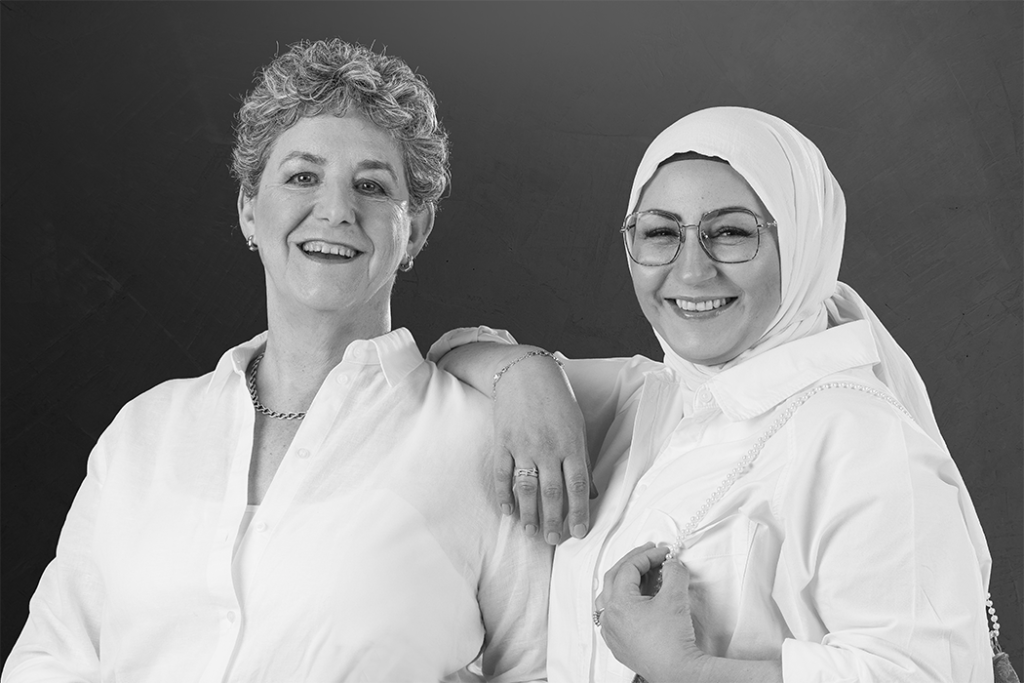
Paulette & Hülya
“During my illness, I connected with many fellow patients, some of whom were very young. Sadly, not all of them survived. “
Read more
During my illness, I connected with many fellow patients, some of whom were very young. Sadly, not all of them survived. This experience inspired my mission: Together with my husband, Tom Sanders, and with the support of the tech industry and educational institutions, we are working on the Early Warning Scan. This innovative technology aims to provide a more accessible, comfortable, and effective method of breast cancer screening. Using 3D scanning technology and artificial intelligence, the scan can detect irregularities in breast tissue, potentially helping women of all ages, including those under 50.
In 2020, the YvYa Foundation was established by three breast cancer survivors, including Hülya and myself. The Foundation is a key financier of the Early Warning Scan technology and has created the Early Warning Scan Fund to support its development. This fund gathers donations, sponsorships, and grants to continue advancing the technology.
Our organization operates entirely with volunteers, many of whom have experienced the challenges of breast cancer firsthand. We know all too well the consequences of treatment, and from our own struggles, we’ve made it our mission to help prevent other women from facing the same fate. What happened to us, we aim to prevent from happening to others.
The primary goal of YvYa is to make the Early Warning Scan a reality. In the Netherlands, there has been growing demand for improved breast cancer screening due to resistance to current population-based methods. This new technique offers a completely different approach—one that is radiation-free and painless, allowing for earlier detection of breast cancer.
Women are taking control of developing this female-friendly technology. Over the past few decades, it has become clear that if we leave the development of new screening techniques to the market alone, nothing will change.
The second goal of YvYa is to raise awareness about the importance of early breast cancer detection in preserving both life and quality of life. Unfortunately, many women are still unaware of this critical fact. To address this, YvYa volunteers conduct dozens of interactive presentations and workshops each year to spread this vital knowledge.
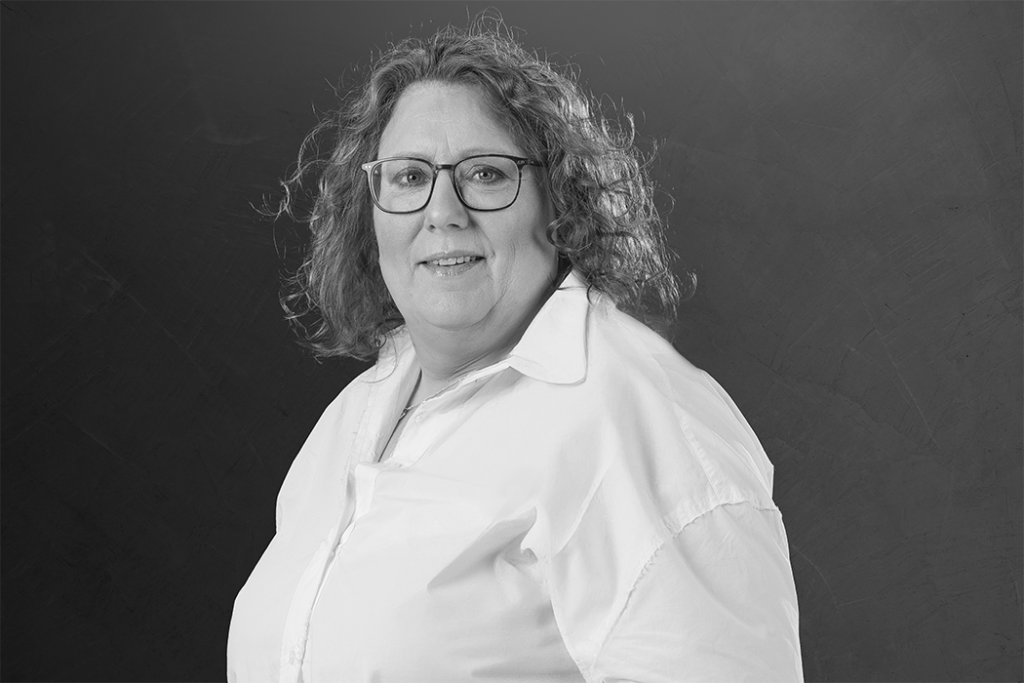
Marjolein
“I discovered a lump in my breast after bumping it. I wasn’t immediately referred, but when I was, it quickly became clear that it was breast cancer.”
Read more
In June 2004, I was diagnosed with breast cancer: I was 31 years old at the time and had just recovered from a diagnosis of ulcerative colitis, which had been diagnosed about 3 years earlier.
I discovered a lump in my breast after bumping it. I wasn’t immediately referred, but when I was, it quickly became clear that it was breast cancer. It was a hormonal breast cancer. I was 31, and my world collapsed, especially when I heard that breast-conserving surgery was actually not possible. I received preventive chemotherapy, but radiation was not needed. However, I also underwent hormone therapy, with the last 2 years being a non-standard hormone treatment.
After 5 years, I decided to go for a reconstruction with my own tissue, which turned out beautifully, but was also the toughest surgery I have ever had: over 8 hours under anesthesia, and after the surgery, going through the grieving process again. It was only then that it really sank in that I no longer had my own breast.
It has been a long journey, and yet, in a way, I am glad it happened. So much has changed for the better in my life, directly or indirectly, because of the breast cancer. From repeatedly processing the grief, to picking myself up again and shaping my (new) life, to enjoying the smallest things. It has been such a learning journey. And that is what I would like to emphasize: try – despite the hardship – to see the positive things you have and focus on those. It will absolutely help you through the process.
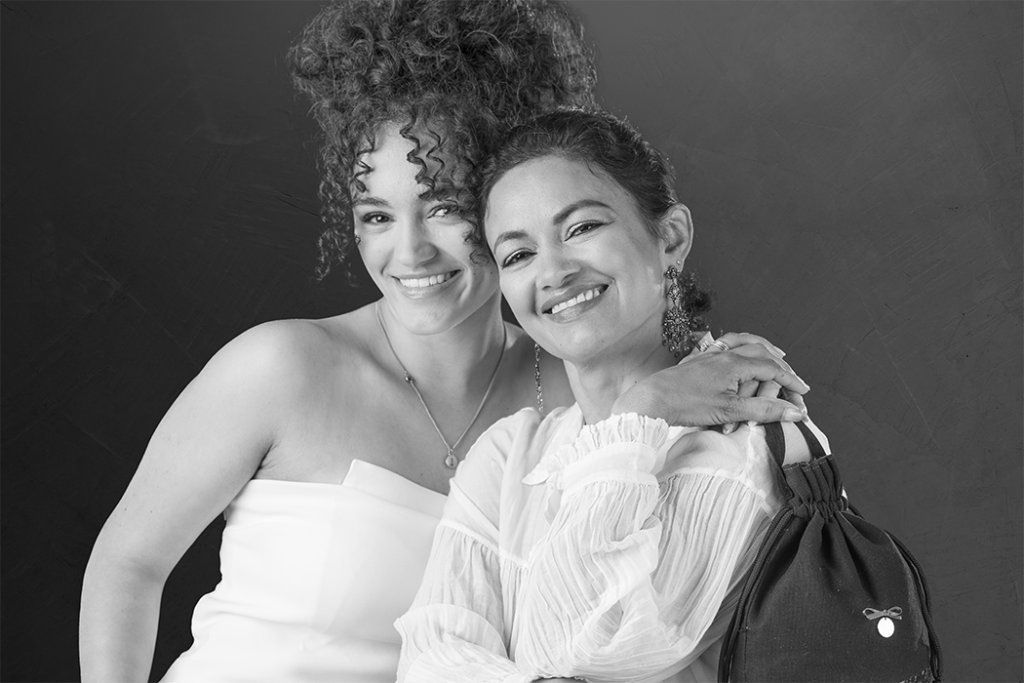
Alicia & Carolina
“I have learned that positivity plays a significant role in recovery, both for the individual and the family. It’s a long and difficult journey for everyone involved, but having loved ones—family and friends—there to support you can make a huge difference.”
Read more
In the summer of 2022, while traveling through Europe, I felt something unusual in my breast. Initially, I dismissed it as a simple muscle strain, but I decided to visit the doctor. After a quick biopsy, I received the shocking news on August 23, 2022: I had stage 2, hormone-receptor-positive breast cancer, with a tumor measuring 8 cm. The initial information was overwhelming, and I faced significant decisions ahead. Ultimately, I underwent chemotherapy, which proved to be both mentally and physically challenging, particularly during the first four sessions. The treatment left my body completely weak and drained. Following that, I had twelve additional sessions with a different cocktail of drugs, which I tolerated better.
Despite the exhaustion, I made a point to keep exercising, which helped immensely. After the chemotherapy, the tumor had disappeared, but some spots remained, necessitating surgery. Initially, I was slated for a breast-conserving procedure; however, it ultimately became clear that a mastectomy was the better choice, as the margins were not clear. In hindsight, this decision gave me peace of mind, knowing that the cancer was gone. I also underwent reconstruction, which I am very pleased with.
In addition to surgery, I completed radiation therapy and am now on antihormonal therapy, which brings its own challenges, such as fatigue and stiffness. Nevertheless, I remain active, walk frequently, and eat healthily.
My daughter, Carolina, has learned a lot from this intense experience: “I have learned that positivity plays a significant role in recovery, both for the individual and the family. It’s a long and difficult journey for everyone involved, but having loved ones—family and friends—there to support you can make a huge difference.”
My children give me the strength to keep going, and the support from family and friends and the medical team has been invaluable.
My mindset after breast cancer has shifted, in part because my body has changed. Bit by bit, I am working to restore my self-trust. I feel somewhat more uncertain at times, but I try to clear my mind by walking and focusing on the little things that bring me joy. This is a learning process that takes time. I’ve become more aware of my actions, which I see as a significant benefit after these two years. Occasionally, I still get upset over trivial matters, but I quickly remind myself that it doesn’t really matter. I find that I enjoy life more now and am more inclined to seize the day than ever before.
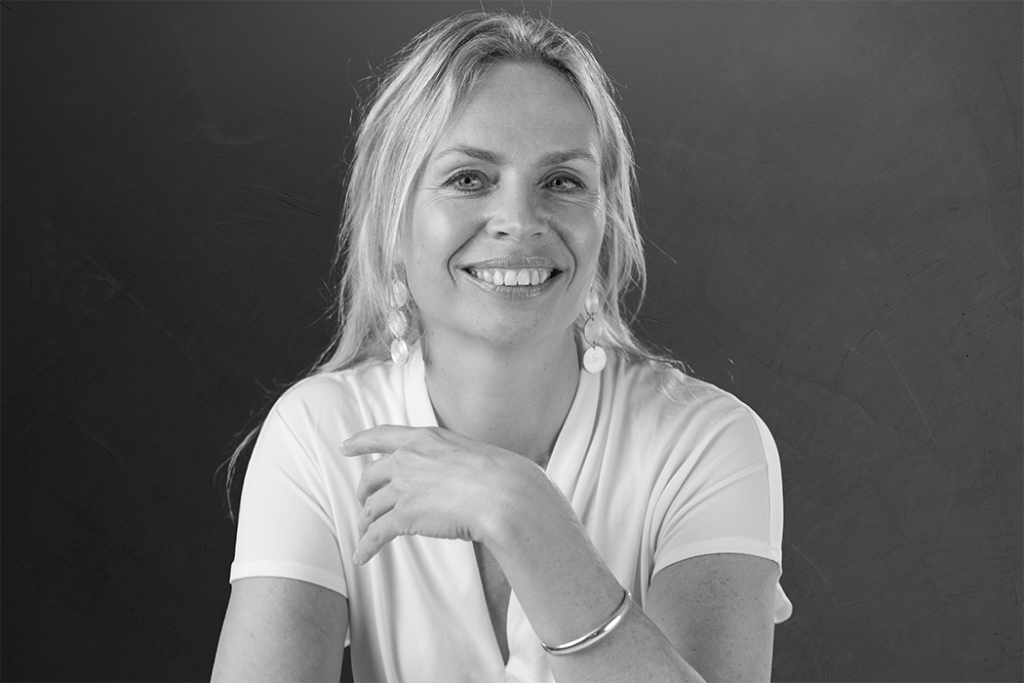
Jelly Nienke
“At 27, I was diagnosed with a precancerous condition in my breast. Due to my young age and the extent to which it had spread, the decision was made to amputate my breast.”
Read more
I am Jelly Nienke van Steinvoorn, 46 years old, born and raised in the beautiful Friesland.
At 27, I was diagnosed with a precancerous condition in my breast. Due to my young age and the extent to which it had spread, the decision was made to amputate my breast. I was offered the option of immediate reconstruction with an implant, and without hesitation, I chose it. I wanted to preserve my femininity and still feel confident in my ability to fall in love and embrace my body.
When I share this experience, many people express sympathy for what I went through at such a young age. However, that diagnosis profoundly changed my life. It transformed me from an insecure girl into a strong, positive woman. Before this, I was too caught up in living for others to truly know myself. Breast cancer initially turned my world upside down, but ultimately, it brought me back to who I truly am. That’s how I would describe it, in a nutshell.
Now, nearly 20 years later, I am healthy and content with my body—even without the implant, which I had removed in 2020. This was the final, crucial step in my journey. It wasn’t an easy decision, but it was the best choice for my health. And for that, I am incredibly proud of myself!
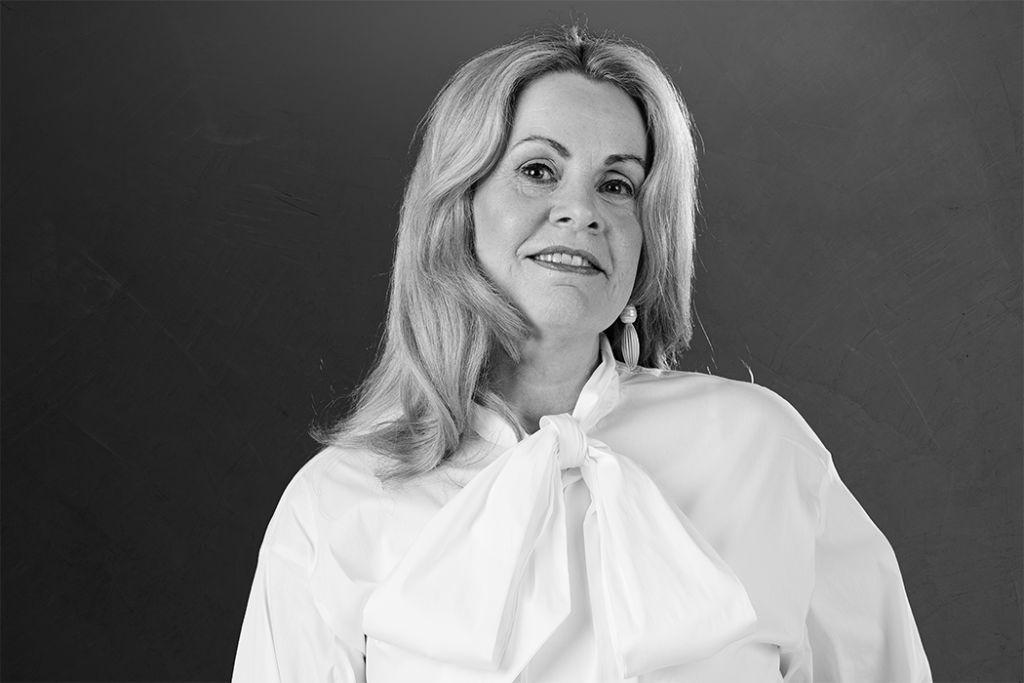
Monika
“I often emphasize: the discomfort of a mammogram is brief, but the impact of a cancer diagnosis lasts a lifetime. If you feel something unusual, take action!”
Read more
My name is Monika Dul (57). On Friday, January 24, 2020, I received the diagnosis of breast cancer, which was a great shock. In late December 2019, I visited my GP due to severe back pain and mentioned that my bra underwire was causing pain on the right side. Despite a good result from the breast cancer screening in January 2019, the GP suggested a mammogram. After a scan and biopsy, malignant breast cancer was diagnosed.
The following days were filled with appointments and emotions. I gathered as much information as possible; ‘The Breast Cancer Book’ was of great value during this time. On March 4, 2020, just before the COVID-19 lockdown, I underwent surgery. On my birthday, I started radiotherapy, followed by hormone therapy. It was an intense period.
Thanks to the support of my partner John, my family, friends, and professional help from the Helen Dowling Institute, I got through this time and worked on my recovery. In August 2020, I began reintegration into work, which was a moment of reflection.
I am grateful that my GP insisted on further investigation. The reconstruction in 2022 using my own body fat was an important step in my recovery. Now, over four years later, I look back with gratitude and am proud to be an ambassador for BREAG. I often emphasize: the discomfort of a mammogram is brief, but the impact of a cancer diagnosis lasts a lifetime. If you feel something unusual, take action!
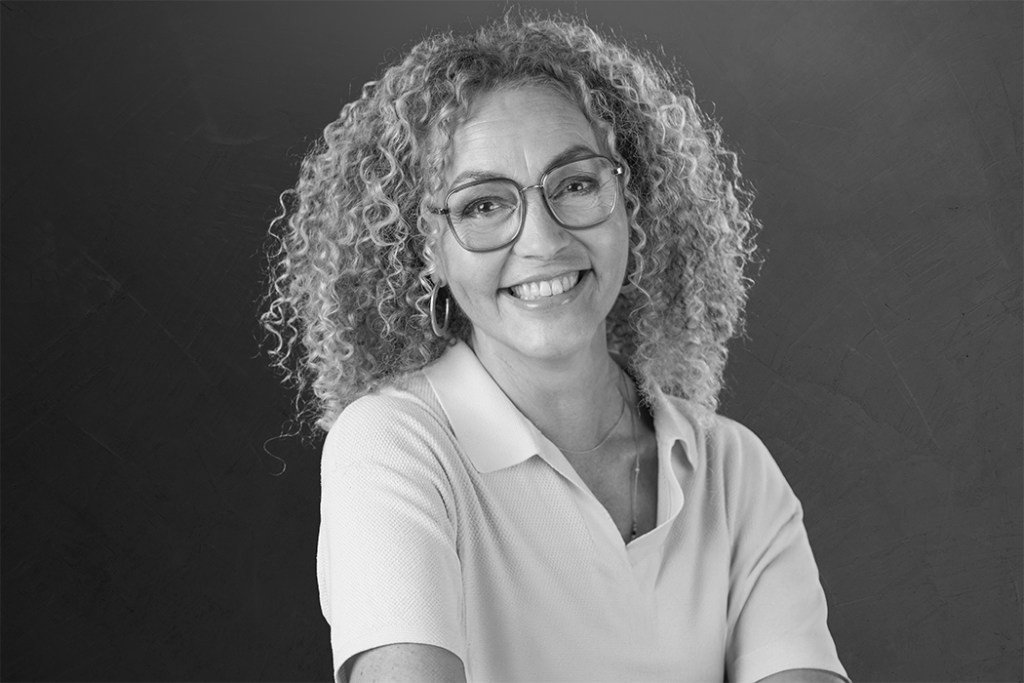
Patricia
“On December 7, 2009, my life changed forever when I accidentally discovered a lump in my breast. I was so shocked that I stumbled over my words while trying to tell my husband about it. “
Read more
On December 7, 2009, my life changed forever when I accidentally discovered a lump in my breast. I was so shocked that I stumbled over my words while trying to tell my husband about it. After a visit to my general practitioner and then the hospital, I received the diagnosis: estrogen-sensitive breast cancer. Strangely, it hadn’t dawned on me until that moment that the lump could be malignant. Tears came before the realization set in.
An operation followed, during which the tumor, approximately 4.8 cm, was removed along with all the lymph nodes in my armpit due to metastasis. This was followed by radiation and chemotherapy treatments. Losing my hair had the greatest emotional impact on me. My big curly hair was a recognizable feature, and after the first chemotherapy session, that identity changed with the associated hair loss. Acquaintances began walking past me — understandable, but painful.
After a year of treatment, I was required to take hormone pills for another five years. However, I chose to stop taking them prematurely, as I felt I was losing myself. Due to the removal of the lymph nodes, I now unfortunately deal with lymphedema in my arm. While it’s challenging, it is manageable.
A year later, I underwent abdominal-breast reconstruction in Belgium, a decision I am still very satisfied with. Now, 15 years later, I feel good. If I can help others with my experiences, I am more than happy to do so. Although it was a difficult time, I’ve been fortunate to have many kind and helpful people around me, and I’ve learned to maintain a positive outlook.
